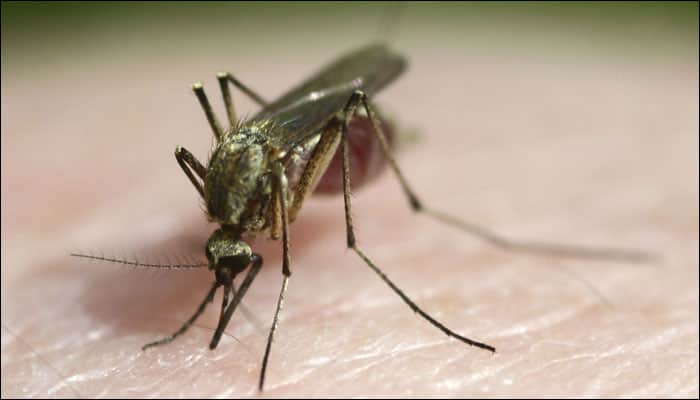New York: Malaria is rapidly gaining momentum around the world and has researchers and scurrying to seek preventive measures.
Working on the goals set by the World Health Organisation (WHO) to eliminate the mosquito-borne disease globally by 2030, researchers have said that targeting mosquitoes responsible for the transmission of malaria that take refuge in cattle sheds in countries like India can help achieve it.
The study found the mosquitoes transmitting malaria often rest within cattle sheds that are next to and sometimes even share a wall with human houses, yet current control efforts are only restricted to domestic dwellings only.
The study emphasised an urgent need for mosquito-control efforts to take into account the relationship between mosquitoes and cattle.
"We found that in an area of India that has a high burden of malaria, most of the mosquitoes that are known to transmit malaria rest in cattle sheds and feed on both cows and humans," said Matthew Thomas, Professor at Pennsylvania State University (Penn State) in the US.
"Understanding the dynamic between humans, cattle and mosquitoes could have major implications for malaria control policy and practice, not only in India, but in other areas where transmission is sustained by zoophilic vectors," Thomas added.
For the study, the team collected a total of 1,774 Anopheles culicifacies and 169 Anopheles fluviatilis mosquitoes species – major vectors of malaria on the Indian subcontinent – from six villages in Odisha – which has the highest number of malaria cases in India.
They found both species were denser in cattle sheds than in human dwellings and both were feeding on humans and cattle.
The researchers built a computer model that simulated the life of an adult mosquito and showed that conventional control tools such as insecticide-treated bed nets and indoor insecticide sprays are less effective when mosquitoes exhibit 'zoophilic' behaviours -- having an attraction to non-human animals.
"However, broadening coverage of non-repellent insecticide sprays to include cattle sheds could help reduce transmission dramatically," Thomas said.
Importantly, the model revealed that directing even modest amounts of effort to specifically increase cattle-based mosquito mortality associated with zoophilic behaviour can shift the balance towards elimination," the researchers stated.
The findings appear in the journal Scientific Reports.
(With IANS inputs)
















